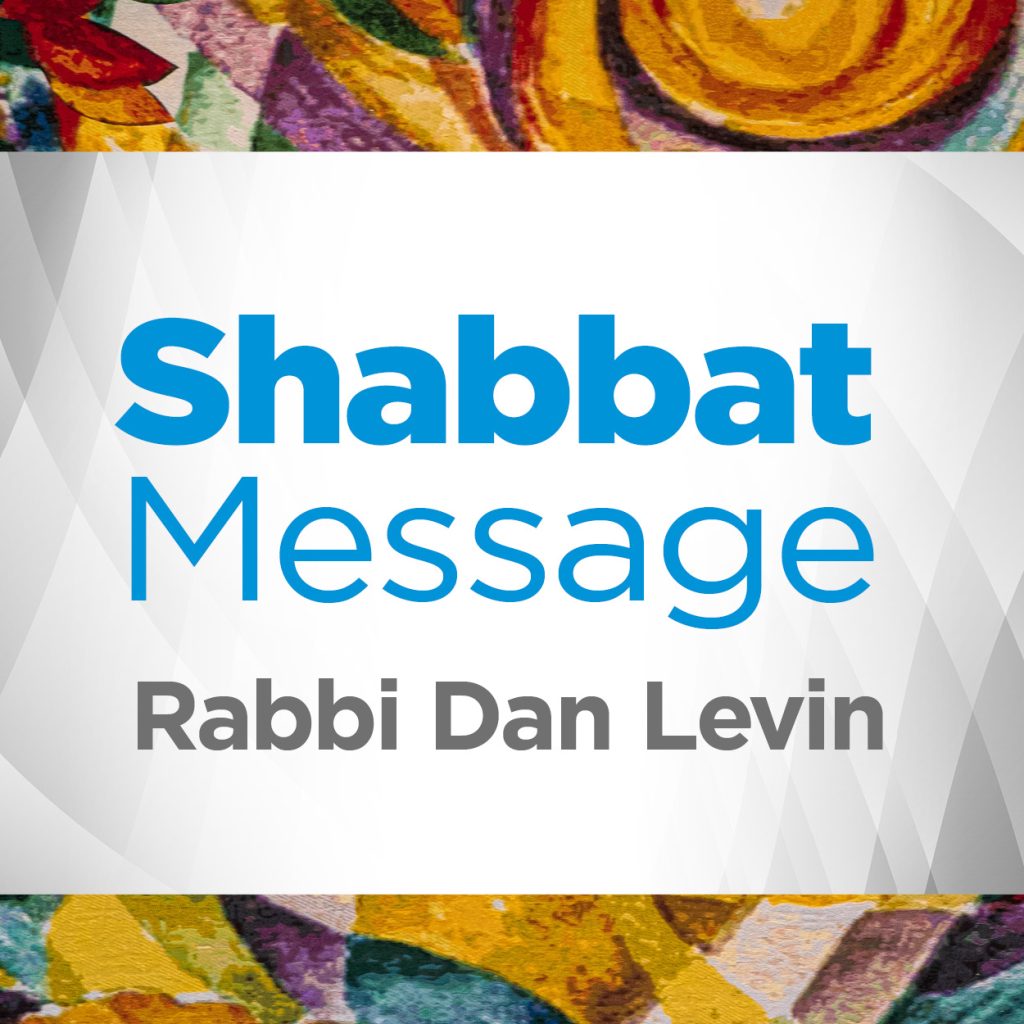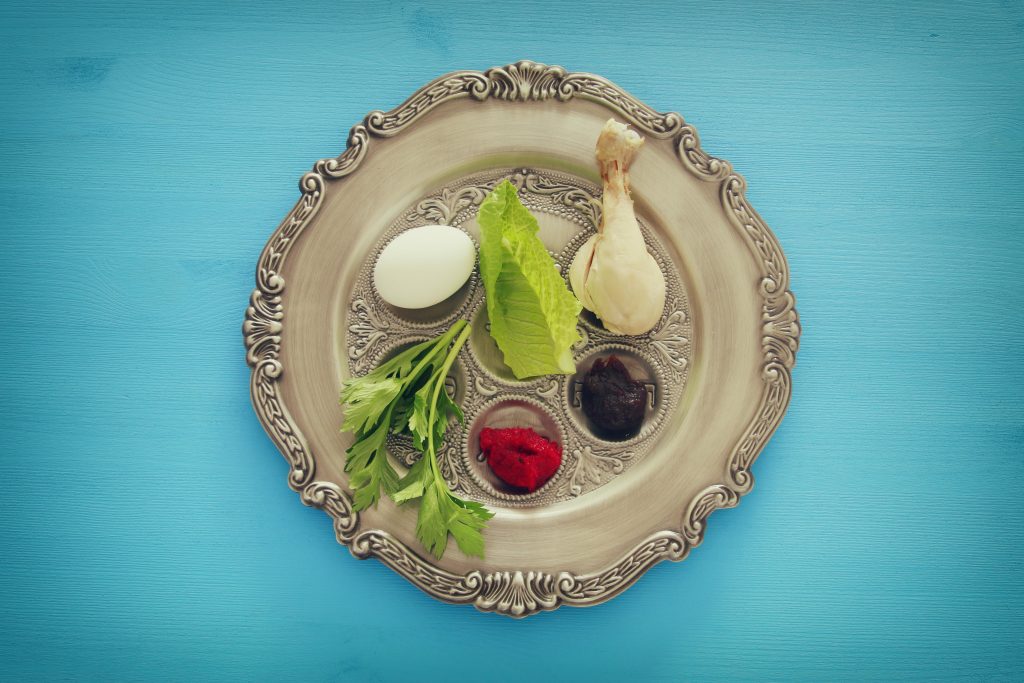What is it like to watch the country you love collapse in real-time? This is the question that leaps from the mouths of Pharaoh’s courtiers at the beginning of this week’s Torah portion. At the beginning of Parashat Bo, Moses demands yet again that Pharaoh release the Hebrew slaves from bondage, promising to complete the destruction of the land with an onslaught of locusts should his demand be refused.
“Pharaoh’s courtiers said to him, “How long shall this one be a snare to us… Are you not yet aware that Egypt is lost?” (Exodus 10:7)
The Egyptians love their empire. They relish its glorious history, its prodigious power, its awesome might. And yet day after day, month after month, year after year, their hardened hearts assure its destruction. Why?
The Torah teaches that Egypt’s greatness came about centuries before. In the midst of a time of unparalleled prosperity, Pharaoh elevated Joseph – a foreigner, a slave, to be his partner – second in command of Egypt.
There could be no one more different from Pharaoh than Joseph, and yet Pharaoh chose to see the divine gifts that lay beneath his different surface. Together they pulled the Egyptian people together into a unified nation, whose collective sacrifice in times of plenty sustained them through the dark days of famine.
But then the Torah teaches “A new king arose over Egypt who did not know Joseph.” (Exodus 1:8)
The Egyptians forgot what made them great. Instead of seeing the Hebrews as partners with whom to build their empire, they looked upon them as an enemy within. Rather than cultivating a relationship of understanding and trust with the Israelites, Pharaoh instead chose to rally his people with fear and dread, division and hatred.
And it worked, for a time. Pharaoh’s slaves built mighty cities, and seemed to fortify the empire. The Egyptians relished the strength of their empire and delighted in its wealth. They hardened their hearts toward their Hebrew neighbors and their cries of suffering and anguish.
But in sowing the seeds of intolerance and bigotry, Pharaoh sowed the seeds of Egypt’s destruction. Their hardened hearts led to their downfall. As God visited plague after plague on the Egyptians, still they would not relent.
What the plagues exposed was that Pharaoh and his courtiers didn’t really love Egypt. What they really loved was the wealth and power and privilege they had fashioned for themselves. And they would do anything to preserve that power – enshrine injustice, celebrate violence, close their minds to truth, and shut compassion from their hearts. So obsessed were they by their infatuation with power that they chose to sacrifice their nation.
A hardened heart does not simply destroy an individual’s soul. A hardened heart destroys the soul of a nation.
And we are becoming a nation of ever hardening hearts.
We harden our hearts against those who come from different lands, who speak different languages, who practice different religions. We harden our hearts against those who challenge our beliefs or who question our perspectives. We harden our hearts against those who tell stories we don’t want to hear, who expose injustices we don’t want to believe, and who share truths we don’t want to know.
When we harden our hearts, we sacrifice the values and principles that form the foundation of a good and holy society. Our hardened hearts, seduced by chauvinism and tribal prejudice, slough off love and understanding. Our hardened hearts, enthralled by power and privilege, succumb to corruption rather than champion integrity. Our hardened hearts, galvanized by falsehoods and propaganda, reject honesty, uprightness, and truth.
When Pharaoh’s courtiers warn that Egypt was lost, Egypt was not yet lost. There was still time to save their country from destruction and death. All they had to do was soften their hearts to see the truths that lay before them and the humanity of the people who stood amongst them.
And all is not yet lost for us – if we too will open our eyes to truth, open our hearts to each other, and restore a national commitment to virtue – to honesty, integrity, understanding and justice, compassion, liberation, and love.
Shabbat Shalom,

Rabbi Dan Levin
Temple Beth El of Boca Raton
“Pray for the peace of Jerusalem…”








